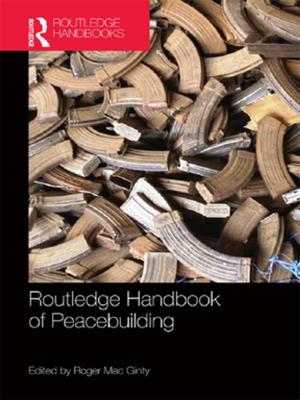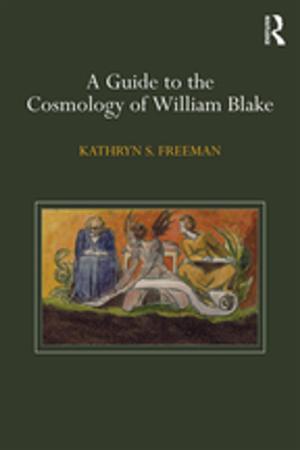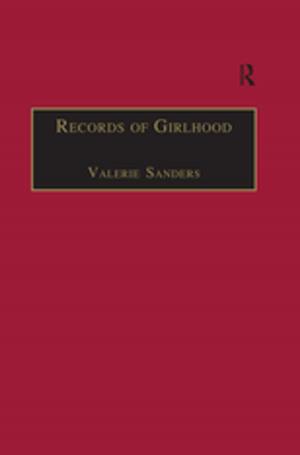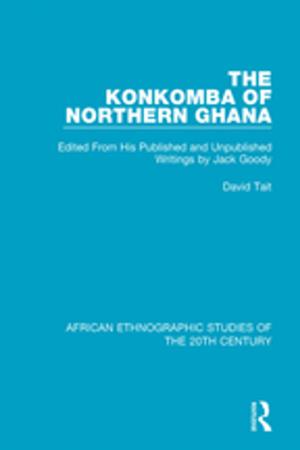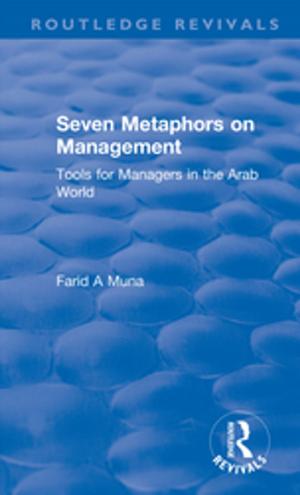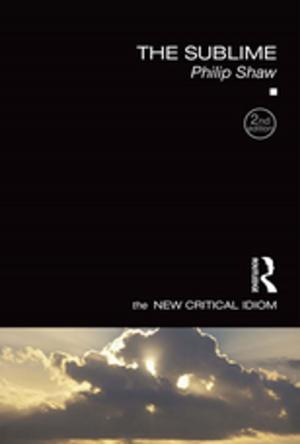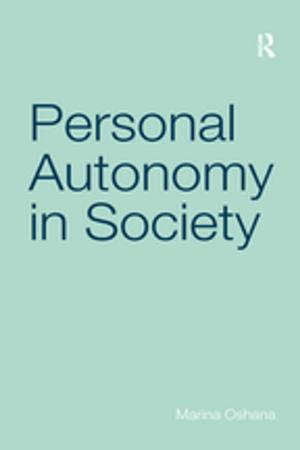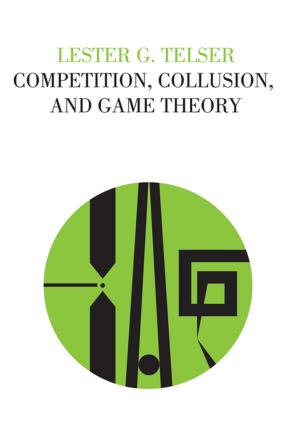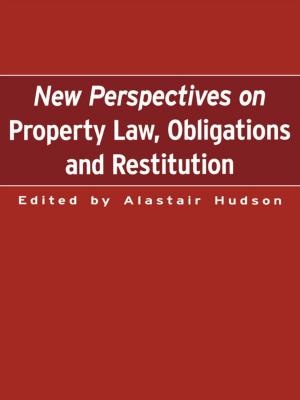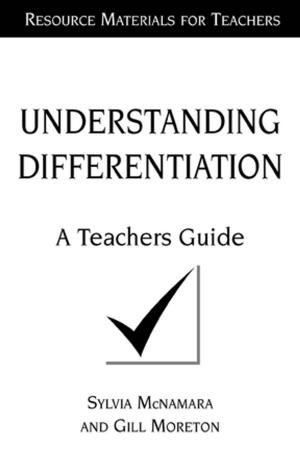A Descriptive Catalogue of the Music Collection at Burghley House, Stamford
Nonfiction, Social & Cultural Studies, Social Science| Author: | Gerald Gifford | ISBN: | 9781351786126 |
| Publisher: | Taylor and Francis | Publication: | November 1, 2017 |
| Imprint: | Routledge | Language: | English |
| Author: | Gerald Gifford |
| ISBN: | 9781351786126 |
| Publisher: | Taylor and Francis |
| Publication: | November 1, 2017 |
| Imprint: | Routledge |
| Language: | English |
This title was first published in 2002: Burghley House, Stamford, was built between 1555 and 1587 for William Cecil, Lord Burghley, the Lord High Treasurer to Queen Elizabeth I. The library there contains an extensive collection of manuscript and printed music dating from about 1650 to 1850, substantially formed during the latter part of the 18th century by the Ninth Earl of Exeter. The collection is given particular significance by the inclusion of several rare and in some cases apparently unique volumes. This catalogue examines the Burghley House music collection in the light of contemporary documentary evidence. The opening section describes the people who added to the collection and their musical enthusiasms. This approach brings the collection to life and also enables us to appreciate emergent trends in British music history of the period. With each entry fully described and the printed music referenced to RISM or CPM, this catalogue should form a valuable reference source for all scholars of British music from the 17th to the 19th century.
This title was first published in 2002: Burghley House, Stamford, was built between 1555 and 1587 for William Cecil, Lord Burghley, the Lord High Treasurer to Queen Elizabeth I. The library there contains an extensive collection of manuscript and printed music dating from about 1650 to 1850, substantially formed during the latter part of the 18th century by the Ninth Earl of Exeter. The collection is given particular significance by the inclusion of several rare and in some cases apparently unique volumes. This catalogue examines the Burghley House music collection in the light of contemporary documentary evidence. The opening section describes the people who added to the collection and their musical enthusiasms. This approach brings the collection to life and also enables us to appreciate emergent trends in British music history of the period. With each entry fully described and the printed music referenced to RISM or CPM, this catalogue should form a valuable reference source for all scholars of British music from the 17th to the 19th century.

